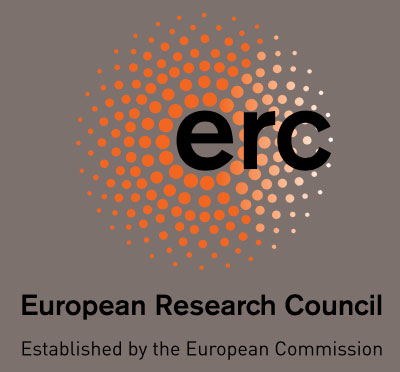The fine line between care and surveillance
Previous Discovery Next Discovery
Even prior to Covid-19, the team had observed that the smartphone simultaneously facilitates our capacity for extending both care and also surveillance. We form WhatsApp groups to monitor and look after frail parents, but then they are anxious about their loss of autonomy. Parents monitor their children’s smartphones. They see this as care, while their children regard this as surveillance. In many social relationships, people were carefully negotiating this fine balance between care and surveillance that had often become more acute thanks to the smartphone.
With the advent of Covid-19, our observation became the world’s observation. This was particularly evident thanks to the development of contact tracing technologies during the pandemic – most of which operated through the smartphone. This exploited the ability of smartphones to closely monitor an individual through location and other data. The technology itself was developed in many countries around the world, yet the response to such an initiative could not have been more heterogeneous. Contact tracing was quickly and often quite successfully deployed in countries such as South Korea, while in the US and parts of Europe, there was much more caution about potential government intrusion into the private domain, and deployment was generally less successful. The reason is that this fine balance is not a technological issue, but a matter of moral adjudication and cultural values. What our research showed was that populations already had considerable experience around this problem and could have been more widely consulted and involved.
These ideas are also illustrated in this short film:


